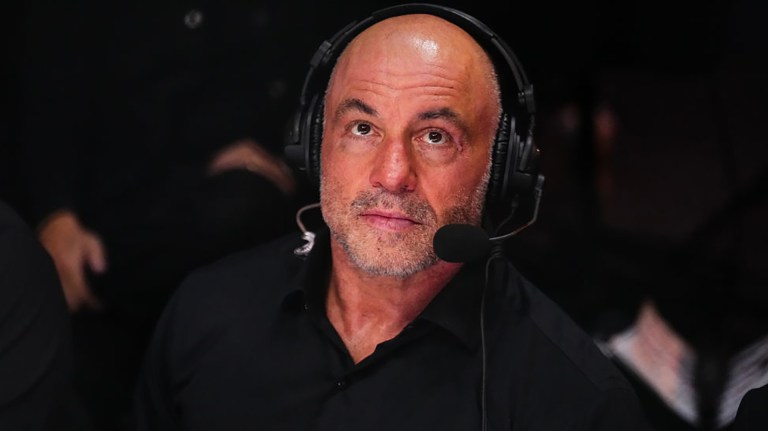The Opposition Day Debate on Universal Credit ended in farce, with the Government failing to defend its own policy and nothing more than a symbolic, non-binding vote to keep the £20-a-week increase. But it still marks a key milestone in the campaign to persuade the PM and Chancellor to retain the uplift in Universal Credit which millions across the country have been crying out for.
Let’s be clear, the Government Whips only told their MPs to abstain because they were worried so many of them were going to do that anyway, risking an even more embarrassing defeat. And with an average of nearly 10,000 Universal Credit claimants in each Parliamentary constituency, it’s easy to understand why so many of those MPs were threatening to rebel.
Over the weekend someone close to the Chancellor seems to have briefed key media allies that he was considering a one-off £500 payment to all Universal Credit claimants in April. Of course, any extra money is helpful to those struggling to get by on benefits that were frozen for four years before the £20-a-week uplift at the start of the pandemic. But this kind of ad hoc payment really isn’t the right approach. It offers no certainty of income. No respect for claimants as citizens. And nothing for those who claim after April. In fact, it feels like pre-Victorian conscience-salving “alms for the poor”.
It was really encouraging to hear one of the leading Conservative back bench MPs, Stephen Crabb, calling for the retention of the £20 a week uplift put this idea back in its box.
He quickly tweeted: “The purpose of welfare is to provide targeted, stable and adequate support for the low paid & unemployed and incentive to improve earnings where possible. A £500 ‘gift’ plus £20 per week cut is not the way forward at a time of hardship for many households.”
The purpose of welfare is to provide targeted, stable and adequate support for the low paid & unemployed and incentive to improve earnings where possible. A £500 ‘gift’ plus £20 per week cut is not the way forward at a time of hardship for many households. https://t.co/YUaGJjsRM7
— Stephen Crabb (@SCrabbPembs) January 16, 2021









